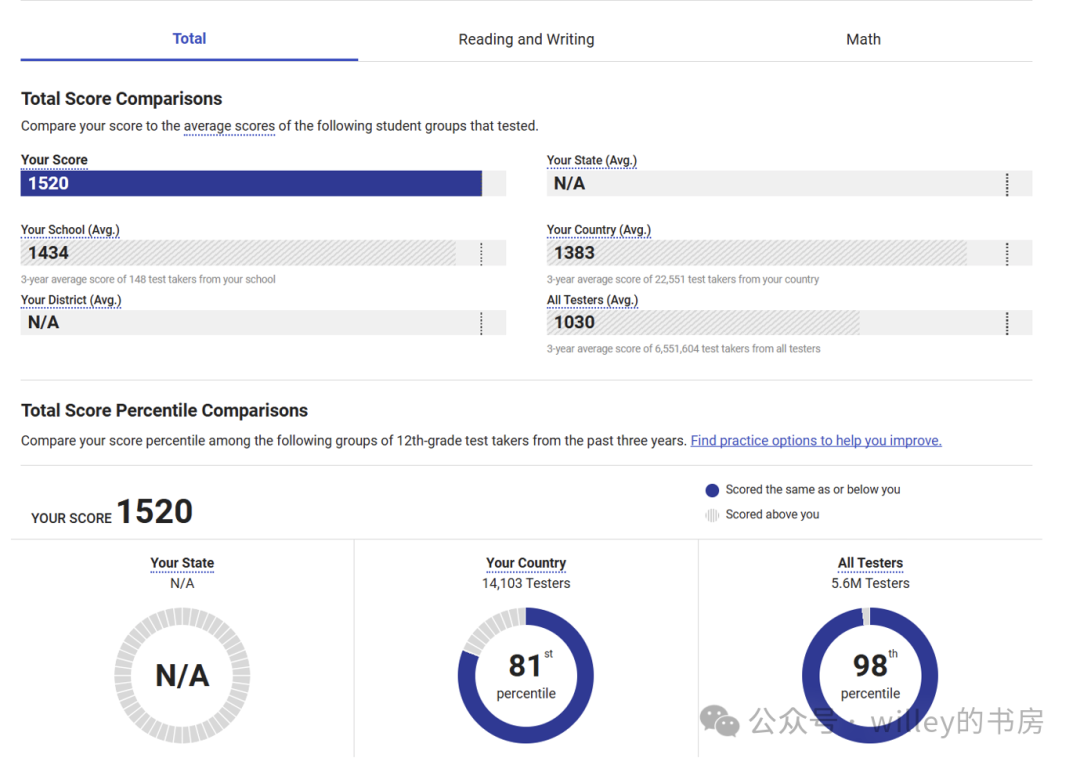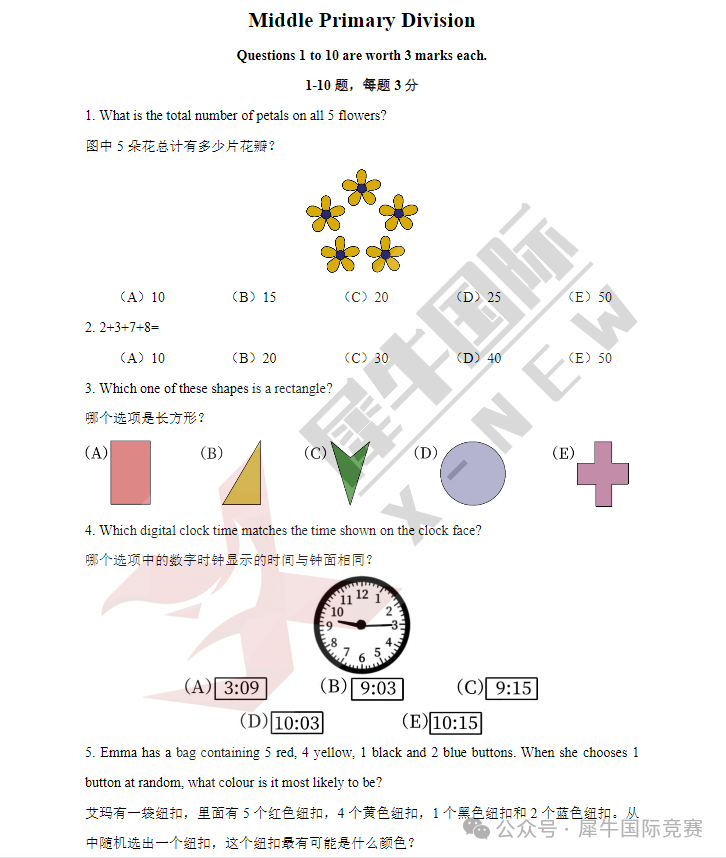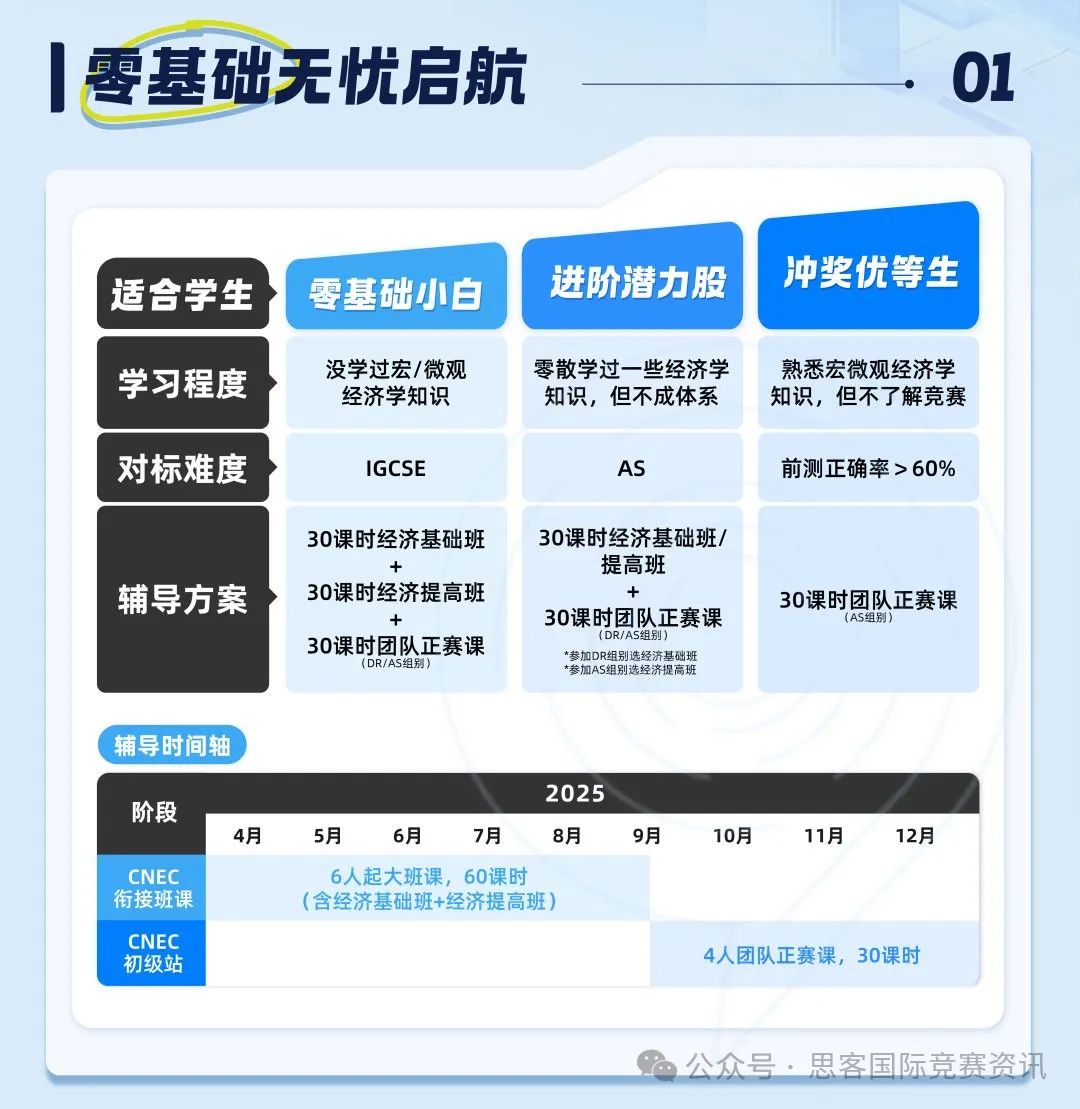周六考试后,我做了一个小调整,考试中3套题目,哪一套最多同学考到。当然因为样本原因,结果肯定不精准。但是也出乎了我的预料投票最多的反而是考后同学最少给我回忆到的-第3套新题。

可能是考到这套题目的同学才会积极看我的考题回忆。所以,在收集了当天考题后,我把这道题详细分析了,分享给大家。
难度:难
综合写作回忆
暂缺
学术讨论写作
题目回忆:
Air travel会释放有害气体,环境不友好etc. 问如果能by train的情况下是否该ban掉short flight.
审题注意点:
1.在改革后,航空飞行逐渐成为托福的一个热门话题。也许是跟目前航天飞行迅速发展有密切关系。由此可见,托福确实是一个紧跟时事的考试。
2.题目聚焦于-short flight短途飞行,也提到了有替代途经-by train.说明飞行不是唯一能到达的方式。大家不用担心到达问题。
3.“air travel会释放有害气体”:题目给大家提供了一个思路,如果有语料准备的同学可以选择这条思路。
-因为air travel会释放大量的有害气体,包括co2,和Nox(氮氧化物),颗粒物等,这些物质对大气造成温室效应,加剧气候变化。(Air travel releases a large amount of harmful gases, including carbon dioxide, nitrogen oxides, and particulate matter. These substances contribute to the greenhouse effect in the atmosphere, intensifying climate change.)
-并且,短途的释放量会更大。因为航班在起飞和降落时消耗的燃料更多。(the missions are greater for short-haul flight because more fuel is consumed during takeoff and landing.)
⭕️如果没有语料支持的同学,慎写。谨防使用中式英文,导致被扣分。
4.“air travel和by train”对比:飞行的好处是能够快速到达,满足尤其是有急事的旅客需求,比如商务,医疗,个人家庭等紧急需求。
(⭕️此处需要注意题目是否限定了是只针对普通旅客的出行。)
5.“ban”太过绝对,没有考虑到一些特殊紧急情况。需要航空公司,政府,科技等携手,推动更环保的技术和政策。
参考范文 :
I believe that banning short flights outright is an impractical policy, even though alternatives such as high-speed trains and buses exist.While it is truethat short flights cause greater environmental harm than long-distance ones, primarily due to increased emissions during takeoff and landing, this does notjustify an outright ban.Short flights serve critical purposes, particularly in urgent situations. For example,busy businesspeople often need to attendlast-minute meetingsto finalize important deals, while top-notch doctors on call may be required to perform emergency surgeries in other citiesat a moment’s notice. In these situations, saving hours of road time canmake a significant difference—whether it’s for securing a business contract or saving a life. Hence, short flights provide the most practical solutionfor those facing urgent needs.
Instead of implementing a blanket ban, governments could adopt more balanced approaches, such as investing in cleaner technologies like sustainable aviation fuel or imposing higher taxes on short flights todeter unnecessary travel.Such measures could reduce environmental damage without completelydisrupting the conveniencethat short flights provide.
In conclusion, while the environmental impact of short flights is undeniable, banning them is not the most effective solution.More nuanced and sustainable policies should be pursued to address the issue while maintaining essential mobility.












